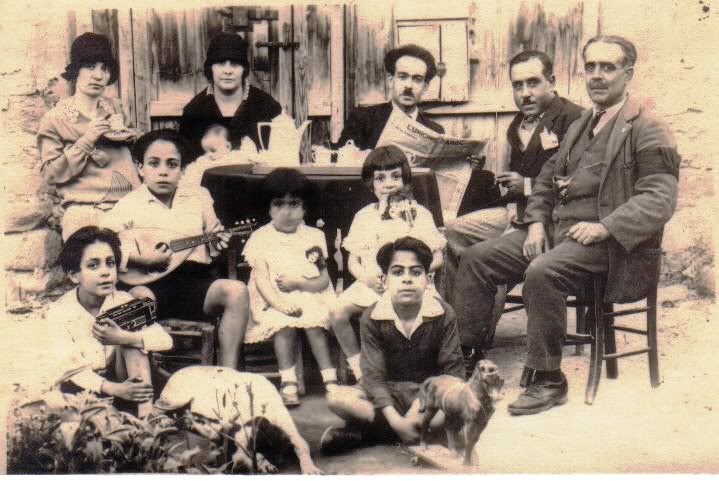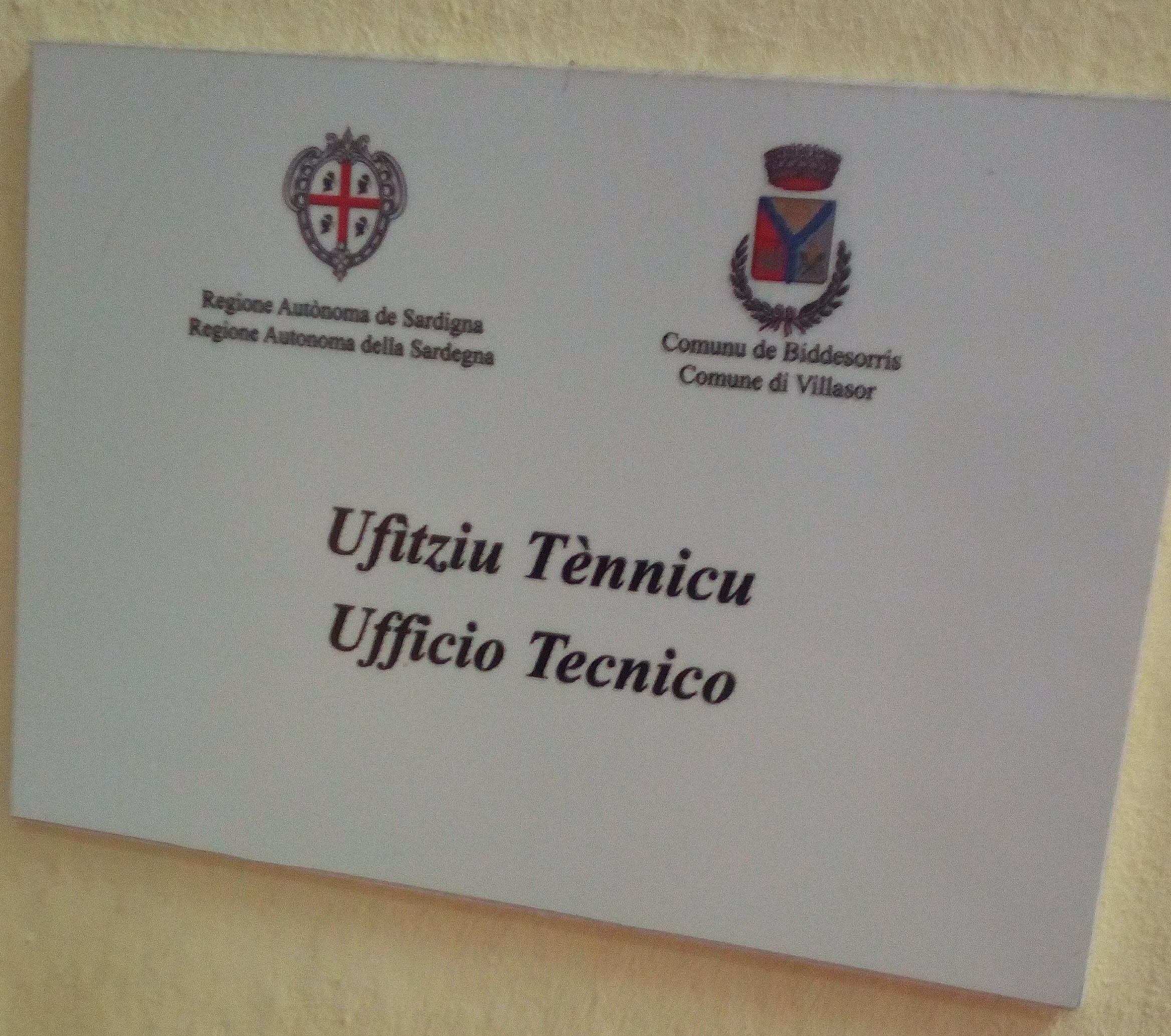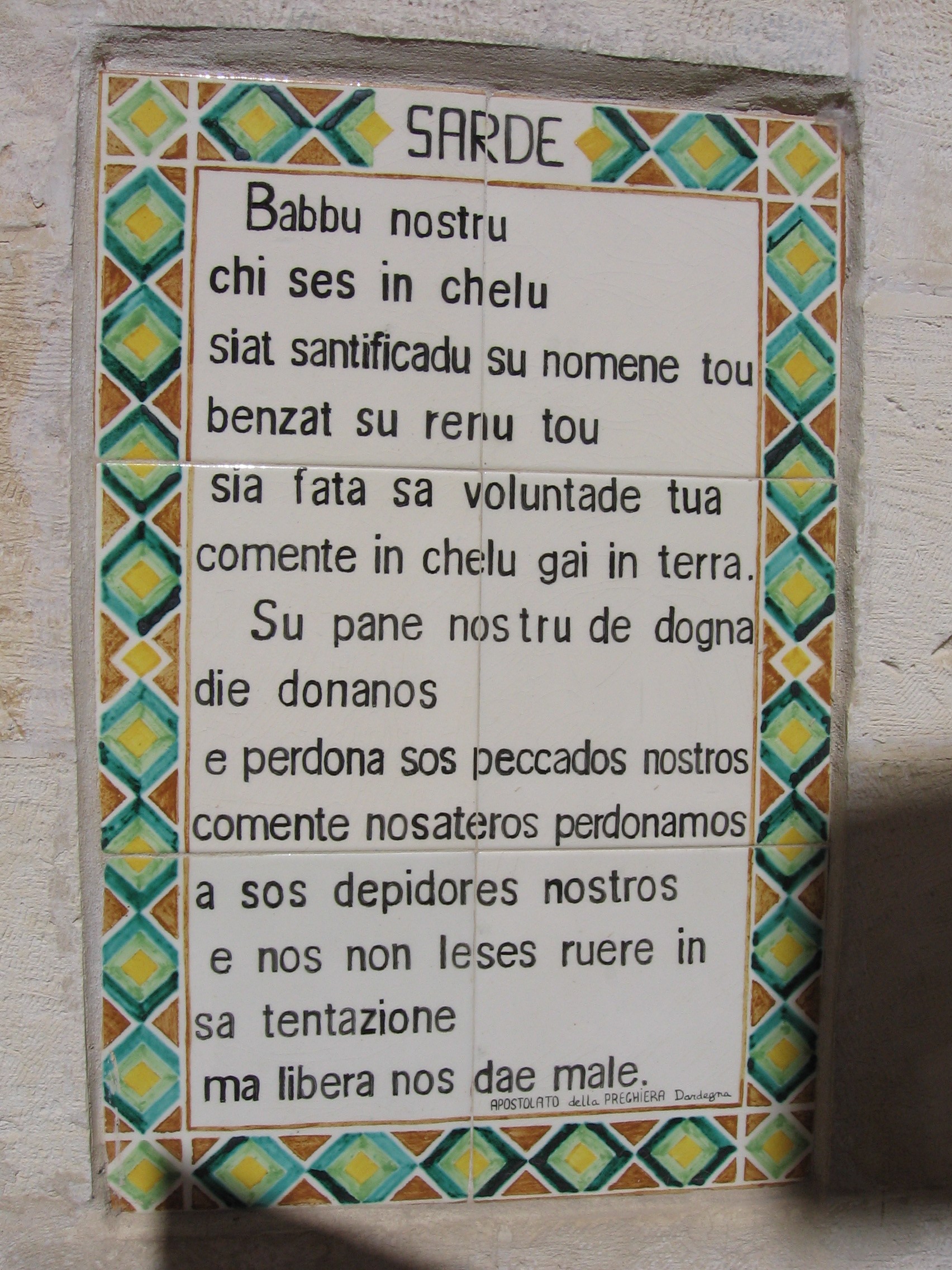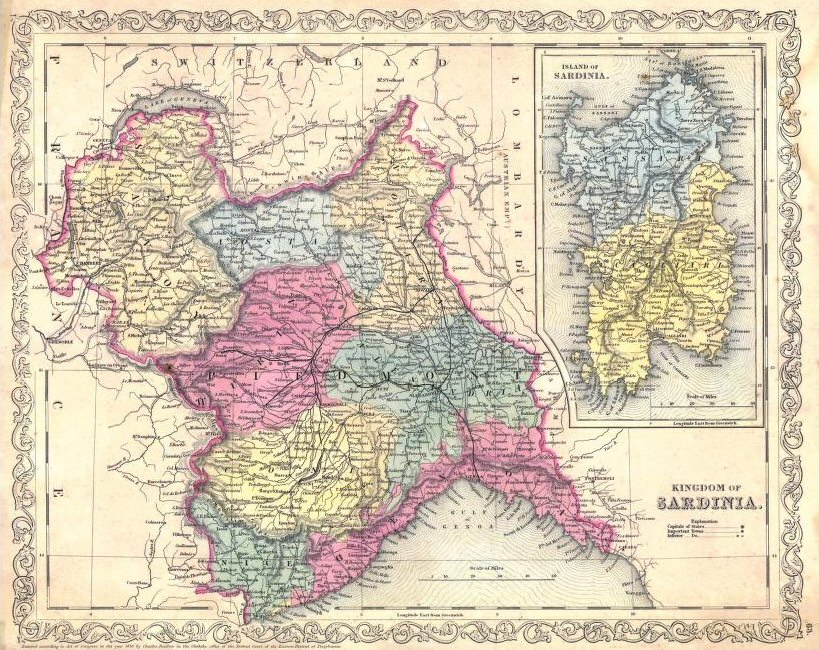Sardinian language
Enlarge text Shrink textSardinian or Sard (endonym: sardu [ˈsaɾdu], limba sarda, Logudorese: [ˈlimba ˈzaɾda] Sardinian: [ˈlimba ˈzaɾða] (Nuorese), or lìngua sarda, Campidanese: [ˈliŋɡwa ˈzaɾda]) is a Romance language spoken by the Sardinians on the Western Mediterranean island of Sardinia. Many Romance linguists consider it, together with Italian (and sometimes with Romanian and Spanish as well), as the language that is the closest to Latin among all Latin's descendants. However, it has also incorporated elements of Pre-Latin (mostly Paleo-Sardinian and, to a much lesser degree, Punic) substratum, as well as a Byzantine Greek, Catalan, Castilian, and Italian superstratum. These elements originate in the political history of Sardinia, whose indigenous society experienced for centuries competition and at times conflict with a series of colonizing newcomers: before the Middle Ages, the island was for a time a Byzantine possession; then, after a significant period of self-rule with the Judicates, when Sardinian was officially employed in accordance with documentary testimonies, it came during the late Middle Ages into the Iberian sphere of influence, during which Catalan and Castilian became the island's prestige languages and would remain so well into the 18th century. Finally, from the early 18th century onward, under the Savoyard and contemporary Italian one, following the country's linguistic policies which, to the detriment of Sardinian and the local Catalan, led to diglossia. The original character of the Sardinian language among the Romance idioms has long been known among linguists. After a long strife for the acknowledgement of the island's cultural patrimony, in 1997, Sardinian, along with the other languages spoken therein, managed to be recognized by regional law in Sardinia without challenge by the central government. In 1999, Sardinian and eleven other "historical linguistic minorities", i.e. locally indigenous, and not foreign-grown, minority languages of Italy (minoranze linguistiche storiche, as defined by the legislator) were similarly recognized as such by national law (specifically, Law No. 482/1999). Among these, Sardinian is notable as having, in terms of absolute numbers, the largest community of speakers. Although the Sardinian-speaking community can be said to share "a high level of linguistic awareness", policies eventually fostering language loss and assimilation have considerably affected Sardinian, whose actual speakers have become noticeably reduced in numbers over the last century. The Sardinian adult population today primarily uses Italian, and less than 15 percent of the younger generations were reported to have been passed down some residual Sardinian, usually in a deteriorated form described by linguist Roberto Bolognesi as "an ungrammatical slang". The rather fragile and precarious state in which the Sardinian language now finds itself, where its use has been discouraged and consequently reduced even within the family sphere, is illustrated by the Euromosaic report, in which Sardinian "is in 43rd place in the ranking of the 50 languages taken into consideration and of which were analysed (a) use in the family, (b) cultural reproduction, (c) use in the community, (d) prestige, (e) use in institutions, (f) use in education". As the Sardinians have almost been completely assimilated into the Italian national mores, including in terms of onomastics, and therefore now only happen to keep but a scant and fragmentary knowledge of their native and once first spoken language, limited in both scope and frequency of use, Sardinian has been classified by UNESCO as "definitely endangered". In fact, the intergenerational chain of transmission appears to have been broken since at least the 1960s, in such a way that the younger generations, who are predominantly Italian monolinguals, do not identify themselves with the indigenous tongue, which is now reduced to the memory of "little more than the language of their grandparents". As the long- to even medium-term future of the Sardinian language looks far from secure in the present circumstances, Martin Harris concluded in 2003 that, assuming the continuation of present trends to language death, it was possible that there would not be a Sardinian language of which to speak in the future, being referred to by linguists as the mere substratum of the now-prevailing idiom, i.e. Italian articulated in its own Sardinian-influenced variety, which may come to wholly supplant the islanders' once living native tongue.
Read more on Wikipedia >
 Topic
Topic










